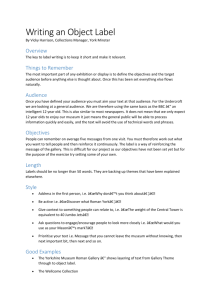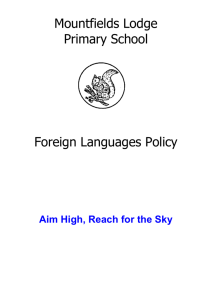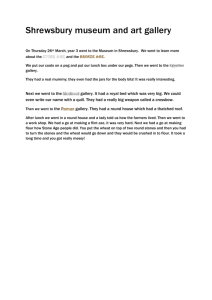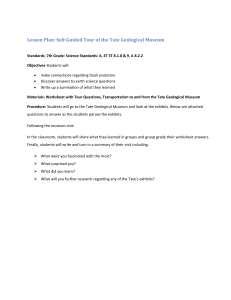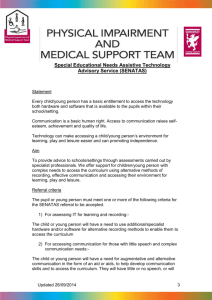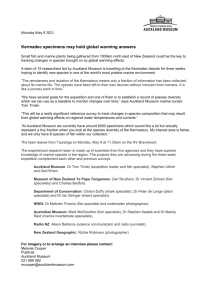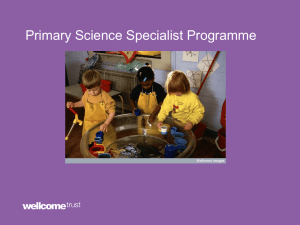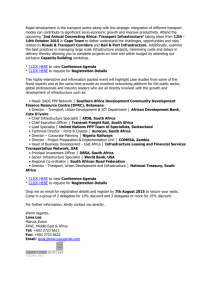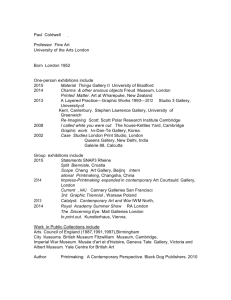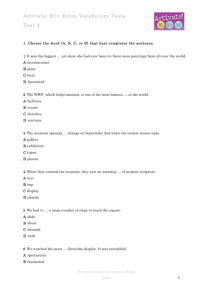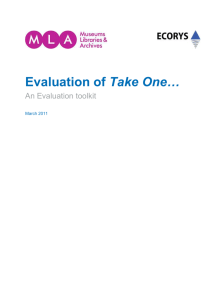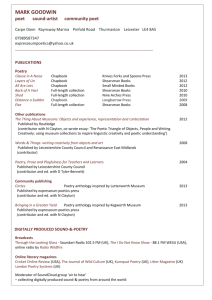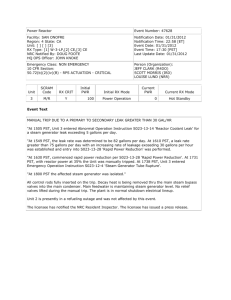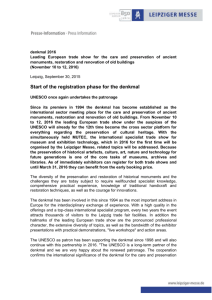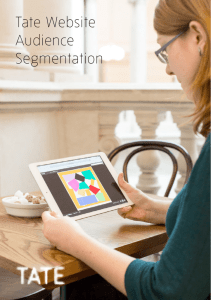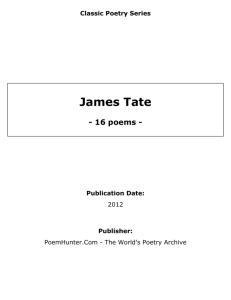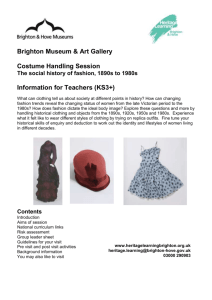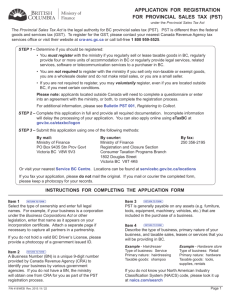Examples of Enrichment Activities
advertisement
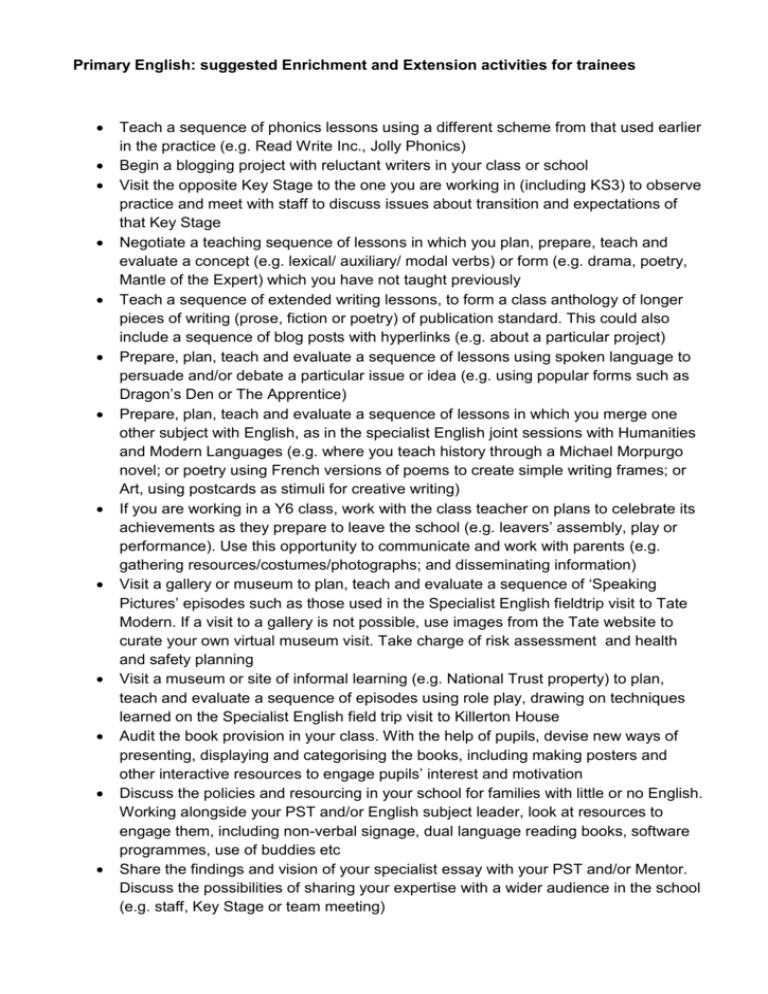
Primary English: suggested Enrichment and Extension activities for trainees Teach a sequence of phonics lessons using a different scheme from that used earlier in the practice (e.g. Read Write Inc., Jolly Phonics) Begin a blogging project with reluctant writers in your class or school Visit the opposite Key Stage to the one you are working in (including KS3) to observe practice and meet with staff to discuss issues about transition and expectations of that Key Stage Negotiate a teaching sequence of lessons in which you plan, prepare, teach and evaluate a concept (e.g. lexical/ auxiliary/ modal verbs) or form (e.g. drama, poetry, Mantle of the Expert) which you have not taught previously Teach a sequence of extended writing lessons, to form a class anthology of longer pieces of writing (prose, fiction or poetry) of publication standard. This could also include a sequence of blog posts with hyperlinks (e.g. about a particular project) Prepare, plan, teach and evaluate a sequence of lessons using spoken language to persuade and/or debate a particular issue or idea (e.g. using popular forms such as Dragon’s Den or The Apprentice) Prepare, plan, teach and evaluate a sequence of lessons in which you merge one other subject with English, as in the specialist English joint sessions with Humanities and Modern Languages (e.g. where you teach history through a Michael Morpurgo novel; or poetry using French versions of poems to create simple writing frames; or Art, using postcards as stimuli for creative writing) If you are working in a Y6 class, work with the class teacher on plans to celebrate its achievements as they prepare to leave the school (e.g. leavers’ assembly, play or performance). Use this opportunity to communicate and work with parents (e.g. gathering resources/costumes/photographs; and disseminating information) Visit a gallery or museum to plan, teach and evaluate a sequence of ‘Speaking Pictures’ episodes such as those used in the Specialist English fieldtrip visit to Tate Modern. If a visit to a gallery is not possible, use images from the Tate website to curate your own virtual museum visit. Take charge of risk assessment and health and safety planning Visit a museum or site of informal learning (e.g. National Trust property) to plan, teach and evaluate a sequence of episodes using role play, drawing on techniques learned on the Specialist English field trip visit to Killerton House Audit the book provision in your class. With the help of pupils, devise new ways of presenting, displaying and categorising the books, including making posters and other interactive resources to engage pupils’ interest and motivation Discuss the policies and resourcing in your school for families with little or no English. Working alongside your PST and/or English subject leader, look at resources to engage them, including non-verbal signage, dual language reading books, software programmes, use of buddies etc Share the findings and vision of your specialist essay with your PST and/or Mentor. Discuss the possibilities of sharing your expertise with a wider audience in the school (e.g. staff, Key Stage or team meeting)
